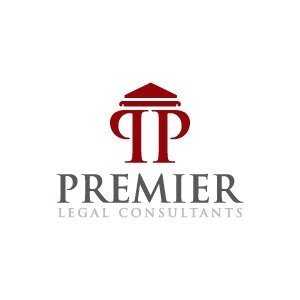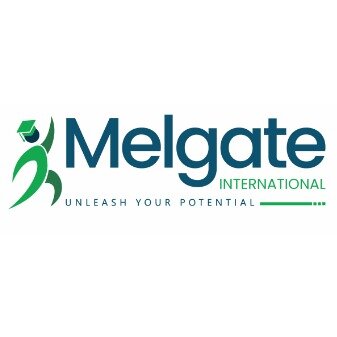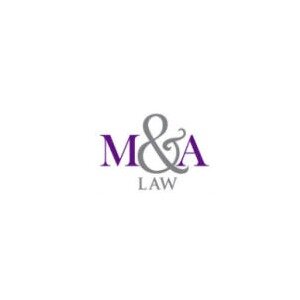Best Civil Rights Lawyers in Colombo
Share your needs with us, get contacted by law firms.
Free. Takes 2 min.
List of the best lawyers in Colombo, Sri Lanka
About Civil Rights Law in Colombo, Sri Lanka
Civil rights law in Colombo, Sri Lanka, focuses on the protection and enforcement of fundamental rights as per the Constitution of Sri Lanka. These rights include the freedoms of speech, assembly, and association, as well as the protection from discrimination based on race, religion, language, caste, sex, political opinion, place of birth, or any such grounds. Additionally, these laws ensure equal treatment and protection under the law for every citizen, emphasizing the promotion of social justice and equality.
Why You May Need a Lawyer
Legal assistance in civil rights is crucial in various scenarios. You may require a lawyer if you face discrimination at your workplace, are unlawfully detained, or if your freedom of expression is suppressed. Those whose rights have been violated can seek legal redress, and having a lawyer can help you navigate the complexities of legal procedures and advocate on your behalf. Lawyers can also assist in civil litigation, mediation, and negotiations with the concerned parties to ensure that one's rights are adequately protected and restored.
Local Laws Overview
In Sri Lanka, the Constitution is the supreme law that enshrines the fundamental rights of individuals. Key aspects relevant to civil rights in Colombo include Article 12, which ensures equality before the law and prohibits discrimination. Article 14 guarantees freedoms of speech, peaceful assembly, and association. Furthermore, the Prevention of Terrorism Act and Emergency Regulations have been scrutinized for their impact on civil liberties, with ongoing debates and legal challenges aiming to balance national security and individual rights.
Frequently Asked Questions
What are my fundamental rights under the Sri Lankan Constitution?
Your fundamental rights include equality before the law, freedom of speech, protection from torture, and the right to a fair trial, among others, as per the Chapter III of the Constitution.
Can I file a complaint if I experience discrimination?
Yes, you can file a complaint with the Human Rights Commission of Sri Lanka or seek legal recourse through the judicial system for any discriminatory practices you face.
How do I know if my right to freedom of expression has been violated?
If you have been censored, threatened, or penalized for expressing your thoughts or opinions lawfully, you may have grounds to claim a violation of your rights.
What should I do if I'm unlawfully detained by authorities?
You should contact a legal professional immediately who can assess the situation, ensure you are aware of your rights, and take action to challenge the unlawful detention.
Is the media regulated in Sri Lanka?
While freedom of the press is protected, there are regulations and limitations, especially concerning national security and public order, which sometimes impact media operations.
How does the legal system address issues of police misconduct?
Allegations of police misconduct can be reported to the Police Commission and might lead to disciplinary action or criminal proceedings depending on the severity of the offense.
What legal protections exist against gender discrimination?
The Constitution guarantees equality regardless of gender, and various laws and policies are in place to protect individuals from gender-based discrimination.
Can I challenge a law that I believe is unconstitutional?
Yes, affected individuals or organizations can file a fundamental rights petition in the Supreme Court challenging the constitutionality of any law or action.
What is the role of NGOs in supporting civil rights?
NGOs in Colombo actively advocate for civil rights, provide legal aid, raise awareness, and support victims of rights violations through various initiatives.
Are there any restrictions on public protests?
While the law permits peaceful assembly, there are regulations requiring notification to authorities, and often, permits are necessary for large gatherings to manage public order.
Additional Resources
For those seeking further guidance, the Human Rights Commission of Sri Lanka is an essential resource. You can also reach out to organizations such as the Centre for Policy Alternatives and the Legal Aid Commission of Sri Lanka. These entities offer information, guidance, and assistance to individuals seeking to understand or assert their civil rights.
Next Steps
If you require legal assistance regarding civil rights, you should begin by documenting any incidents of rights violations, gathering relevant evidence, and consulting with a qualified attorney specializing in civil rights law. You can also approach local human rights organizations for support and guidance. Scheduling an initial consultation with a lawyer will help you understand your legal standing and potential courses of action.
Lawzana helps you find the best lawyers and law firms in Colombo through a curated and pre-screened list of qualified legal professionals. Our platform offers rankings and detailed profiles of attorneys and law firms, allowing you to compare based on practice areas, including Civil Rights, experience, and client feedback.
Each profile includes a description of the firm's areas of practice, client reviews, team members and partners, year of establishment, spoken languages, office locations, contact information, social media presence, and any published articles or resources. Most firms on our platform speak English and are experienced in both local and international legal matters.
Get a quote from top-rated law firms in Colombo, Sri Lanka — quickly, securely, and without unnecessary hassle.
Disclaimer:
The information provided on this page is for general informational purposes only and does not constitute legal advice. While we strive to ensure the accuracy and relevance of the content, legal information may change over time, and interpretations of the law can vary. You should always consult with a qualified legal professional for advice specific to your situation.
We disclaim all liability for actions taken or not taken based on the content of this page. If you believe any information is incorrect or outdated, please contact us, and we will review and update it where appropriate.
















